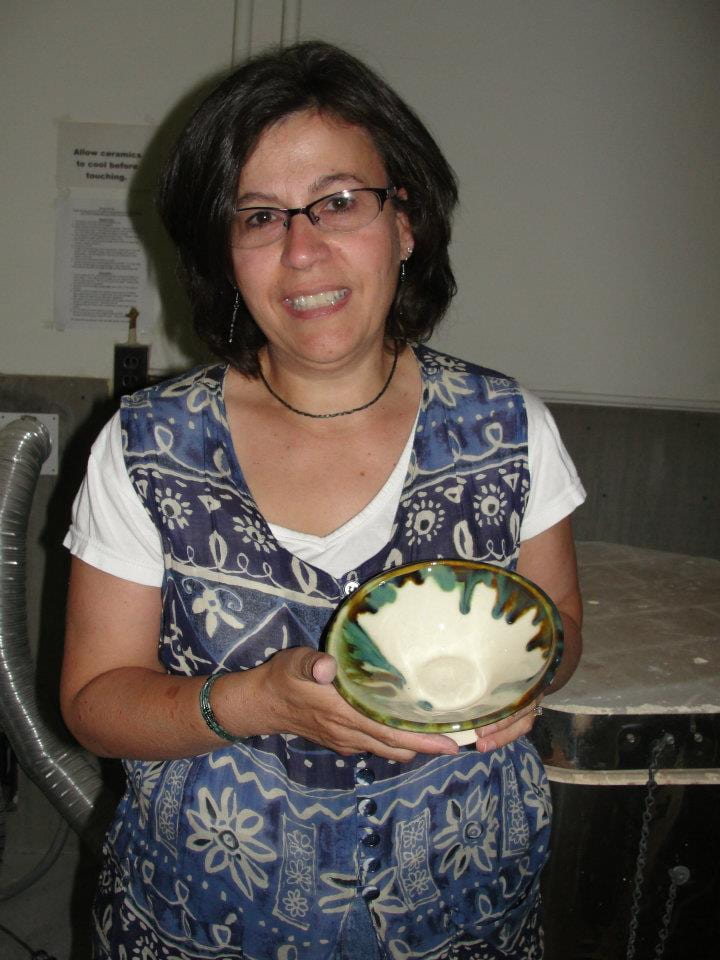NICHOLS FELLOW 2011-2013
Carol S. Weisse
Professor of Psychology and Director of Health Professions Program
One of the most rewarding aspects of developing these courses was having the opportunity to involve students in the process. By engaging students in the design of the Humanism in Medicine course, they were able to contribute to the intellectual environment of the College and “own” the learning process.
It was also personally rewarding to see students move from thinking about a class as a presentation of facts to an active experience capable of producing “ah ha!” moments. In several planning sessions, we reversed roles as the students became instructors, and I became their student. These sessions provided me with a better window to student learning and the opportunity to share my own style and philosophy of teaching. Sharing my passion for teaching and personal goals as an instructor was affirming and professionally energizing. The Fellowship has allowed me to think more critically about my own teaching and ways to continually improve it.
An unexpected result of receiving the Byron Nichols Fellowship was that it has helped me to make connections with faculty at other institutions who are interested in the personal and professional development of students both in and outside of the classroom.
The grant provided an opportunity for me to think deeply about my teaching and how I connect with students both in and out of the classroom. I am more at ease taking risks in the classroom and find myself more comfortable and capable of engaging students in the learning process.
Best Practices:
Reverse roles with students and allow them opportunities to teach you (the professor), leaving ample time to discuss the art of teaching and techniques that are engaging any audience.
Create opportunities for personal interaction outside of the classroom (I invited students to my house for a film discussion over Sunday brunch, took students on a field trip to an art studio, spent an afternoon outdoors firing pottery, and organized a retreat at the Kelly Adirondack Center).
Resist the urge to treat the classroom as a place for the presentation of facts, and instead be open to the classroom as a space where active interchange and engaging experiences can create “ah ha” moments and an enthusiasm for the learning process. This may require letting go of some content, which can be very difficult when one has identified a syllabus packed with learning outcomes!












